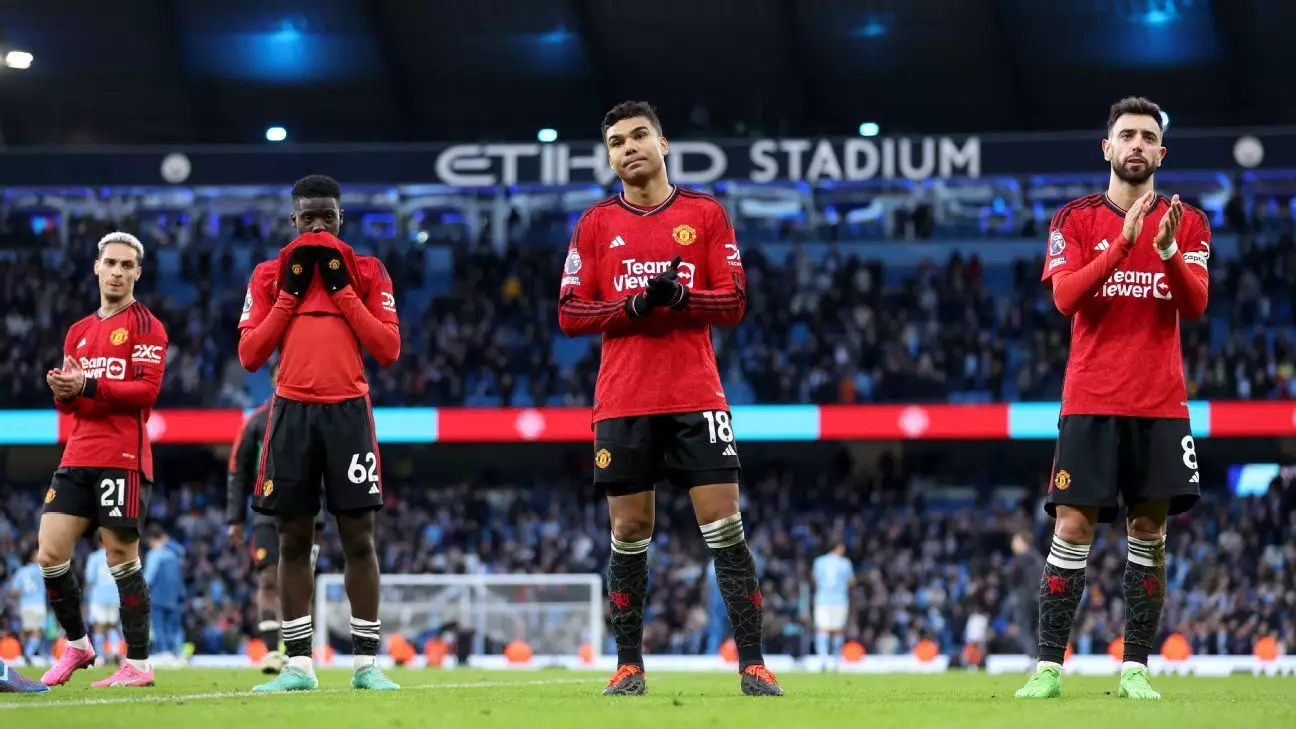Manchester City, under the management of Pep Guardiola, have once again proved themselves as a formidable force in the Premier League. With six out of the last seven titles under their belt, including a record-breaking four consecutive wins, City has established themselves as one of the greatest teams in the league’s history. Players like Erling Haaland, Phil Foden, and Rodri have been instrumental in their success, with the return of Kevin De Bruyne adding further strength to their squad. However, the financial charges issued to the club by the Premier League remain a concern despite their stellar performance on the field.
Aston Villa’s top-four finish and a place in the UEFA Champions League have been a cause for celebration among their fans. Led by Unai Emery, the team showed moments of brilliance, especially at Villa Park. Ollie Watkins emerged as an elite striker, contributing significantly with goals and assists. However, their performance on the road and the defeat in the Europa Conference League semifinals highlighted areas for improvement.
Despite initial success with Jurgen Klopp leading the team and winning the League Cup, Liverpool faced defensive vulnerabilities and inconsistency in form towards the end of the season. The announcement of Klopp’s departure seemed to have an impact on the team’s focus, resulting in disappointing defeats. While their attacking prowess was evident, defensive lapses cost them crucial points in the league.
Chelsea’s season was salvaged by a late run of wins under Mauricio Pochettino, securing a place in European competition. The team’s performance was marred by chaos and dysfunction earlier in the season, but the individual brilliance of players like Cole Palmer provided hope for the future. However, the team’s lack of identity and structure were apparent throughout the campaign.
Manchester United endured their worst-ever Premier League finish, missing out on a Champions League spot. Injuries in defense and a disjointed midfield contributed to their lackluster performances. The departure of head coach Erik ten Hag added to the uncertainty surrounding the team’s future, with a significant overhaul likely needed to compete at the top level again.
Eddie Howe’s Newcastle United finished in seventh place, but their inconsistent performances away from home were a cause for concern. The team’s reliance on Alexander Isak for goal-scoring highlighted the need for more attacking options. While finishing strong, Newcastle still fell short of replicating their previous season’s success due to defensive frailties and an extensive injury list.
Under new boss Oliver Glasner, Crystal Palace staged an impressive late-season surge, securing a top-half finish. The team’s transformation after the return of injured players like Eberechi Eze and Michael Olise was evident, with Jean-Philippe Mateta excelling in front of goal. The challenge for Crystal Palace will be to retain their key players amid interest from larger clubs and build on their success in the coming season.
Burnley’s return to the Premier League was short-lived as they struggled to replicate their championship-winning form from the previous season. Manager Vincent Kompany’s tactics fell short, with the team finding it difficult to adapt to the demands of the top flight. Despite high expectations, Burnley’s defensive weaknesses and lack of quality in key areas ultimately led to their relegation.
Overall, the Premier League saw a mix of triumphs and disappointments at the end of the season, showcasing the competitive nature of English football. Teams will need to regroup, strengthen their squads, and strategize effectively to stay competitive in the upcoming campaign.

Leave a Reply